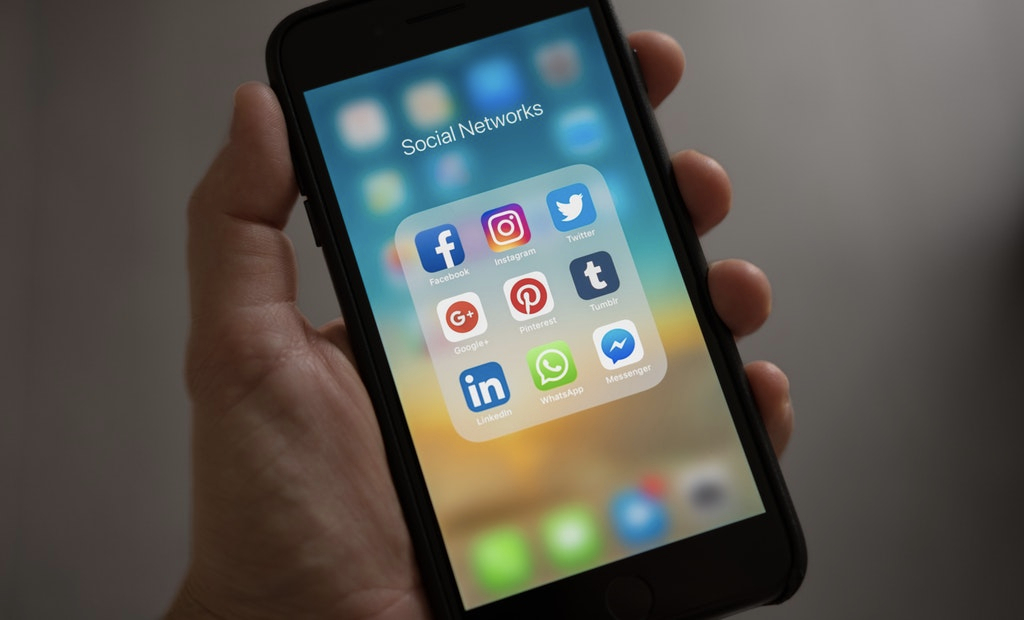Four apps that have defined the decade

With 2019 shortly coming to a close, it’s a good time to reflect on the technology that has shaped the past ten years. But as much as we have been influenced by the unbelievable phone upgrades, the leaps in gaming specs and the wireless revolution, the software we carry around on these devices has impacted on culture and consumption. Here are four apps which have defined the decade, and generation Z to boot.
Of course, social media has been one of the most prominent features of the teenies. Since launching in 2004, Mark Zuckerberg’s Facebook has gone from strength to strength, influencing not only how we share news of our lives with friends and loved ones but also our language (with terms such as Facebook stalking, relationship status and unfriending have become pervasive in everyday conversation); the way companies market their products; and the way we communicate and organise events. It’s not all roses though, and the app has also come under fire for huge issues such as data breaching, privacy and its potential negative impact on young users.
Twitter also has its fair share of issues – from trolling to the discrepancy between which accounts are blocked and which appear to be allowed free reign. Nonetheless, as a platform for free speech, Twitter has been revolutionary. The app popularised the use of the hashtag to create trending topics, a feature which now extends across all social media. It has given both high-profile figures and the general public more immediate power to influence, and has launched many a career. With Twitter, online advertising and the way people endorse projects have changed completely.
Instagram is essentially Twitter for the image-centric generation. Words on this platform are secondary to photos, and the app has reframed the way we see the world. Food is thought of in terms of how Instagrammable it is, and shots are taken with the standard cropped square dimensions in mind. Businesses can advertise easily – and influencers can get thousands of likes by posting a questionable amount of selfies.
When it comes to communication, within a decade Whatsapp seems to have become more common than texting. The app can be used both with data and over wifi, making it both free and accessible, and it also allows group chats, which have completely changed the way we speak to our friends. Even those who aren’t on social media are normally on Whatsapp, making it in many ways more important than Facebook, Twitter and Instagram.
The editorial unit






















Facebook
Twitter
Instagram
YouTube
RSS